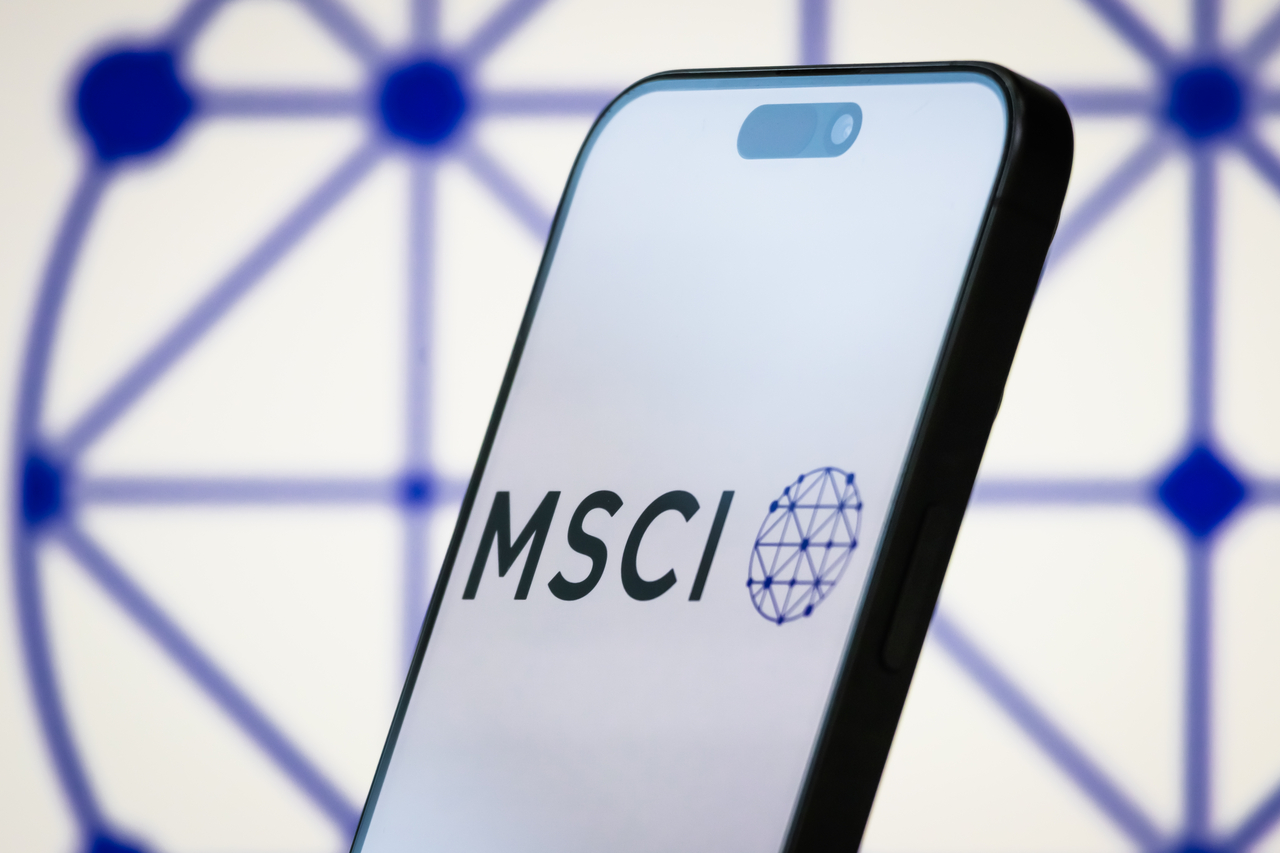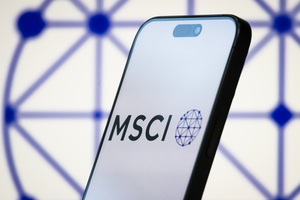 (Getty Images)
(Getty Images)
South Korea has failed once again to secure an upgrade in market status from Morgan Stanley Capital International, which cited the need for further improvements in foreign exchange market accessibility.
“Market participants identified the limited convertibility of the Korean won in the offshore currency market as a key barrier to its reclassification to developed market status,” MSCI said in its annual market classification review report.
The feedback was based on consultations with global investors between 2008 and 2014, when Korea was on MSCI’s watch list for a potential upgrade. It was removed in 2014 due to accessibility issues, including a rigid investor identification system and limited trading hours.
While acknowledging progress since then, MSCI said additional reforms and time to assess their impact are still needed for Korea to qualify as a developed market.
The report noted Korea’s recent steps, including allowing registered foreign institutions access to the onshore interbank forex market and extending trading hours to 17 hours.
“Despite these reforms, investors believe it remains critical to assess whether the implemented measures are sufficient, given that developed markets typically feature fully convertible currencies with active, unconstrained offshore and onshore forex markets,” MSCI said.
The easing of identification procedures and reporting requirements for foreign investors was also seen as meaningful progress. However, MSCI noted that operational challenges persist and more needs to be done for market participants to fully experience the benefits of these changes.
The index provider also called for broader access to instruments — such as ETFs, futures, options and swaps — to meet developed market standards.
A key improvement was the removal of a blanket short-selling ban in March. In place since November 2023, the ban had been a major barrier. In a separate global accessibility review released Friday, MSCI raised Korea’s short-selling rating from “minus” to “plus.”
Still, Wednesday’s review showed the ban’s removal wasn’t enough. “While market activity has recovered, investor concerns remain regarding the operational burden of compliance and the risk of abrupt regulatory shifts,” MSCI said, adding it will continue to monitor developments to assess market stability and the consistency of Korea’s regulatory framework over time.
MSCI classifies global equity markets into developed, emerging, and frontier categories. Korea, designated as an emerging market in 1992, remains grouped with China, Indonesia, Malaysia, and Brazil. To be upgraded, a country must first be placed on the watch list and undergo a one-year review.
Following repeated setbacks, expectations had risen amid recent efforts to improve market access. But optimism faded after last week’s accessibility review, which gave Korea a “minus” in six of 18 categories, including forex liberalization, registration, settlements, information flow and foreign ownership limits.
The new administration is renewing momentum. President Lee Jae Myung, who took office June 4, has made MSCI developed market inclusion a core policy goal. Foreign inflows could rise sharply if Korea is upgraded, with Goldman Sachs projecting up to $30 billion and the Korea Economic Research Institute estimating as much as $45 billion.
As part of the initiative, the government is preparing to launch a task force comprising key institutions — including the Bank of Korea, Financial Services Commission, Financial Supervisory Service and Korea Exchange — alongside private-sector players to develop a roadmap for the upgrade.
“The government is committed to improving foreign investment access and advancing the forex market in line with MSCI’s recommendations,” an official at the Ministry of Economy and Finance overseeing the initiative said Wednesday. “The task force aims to continue discussions on regulatory improvements, staying attuned to feedback from global investors.”
Meanwhile, revived foreign inflows have lifted the local stock market since Lee’s inauguration, with the Kospi topping 3,100 points on Tuesday for the first time since September 2021.
jwc@heraldcorp.com
